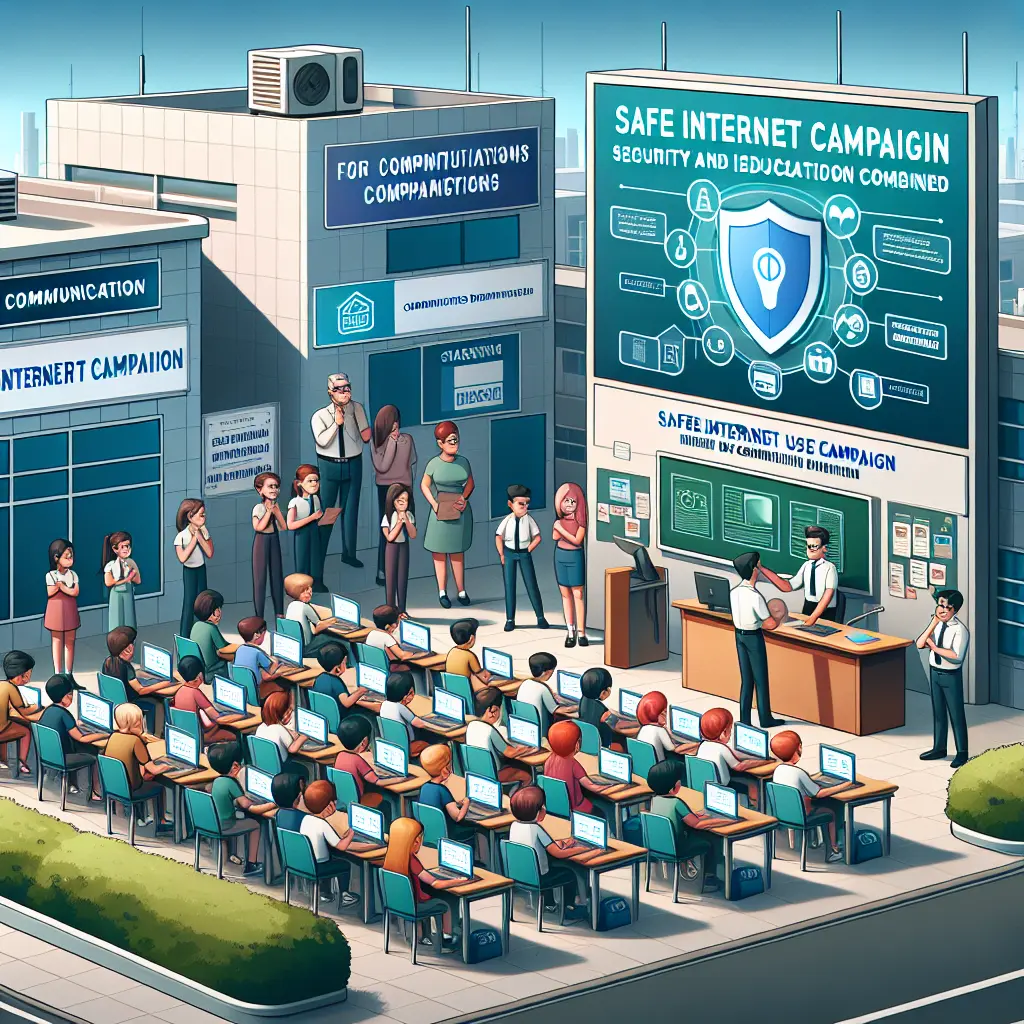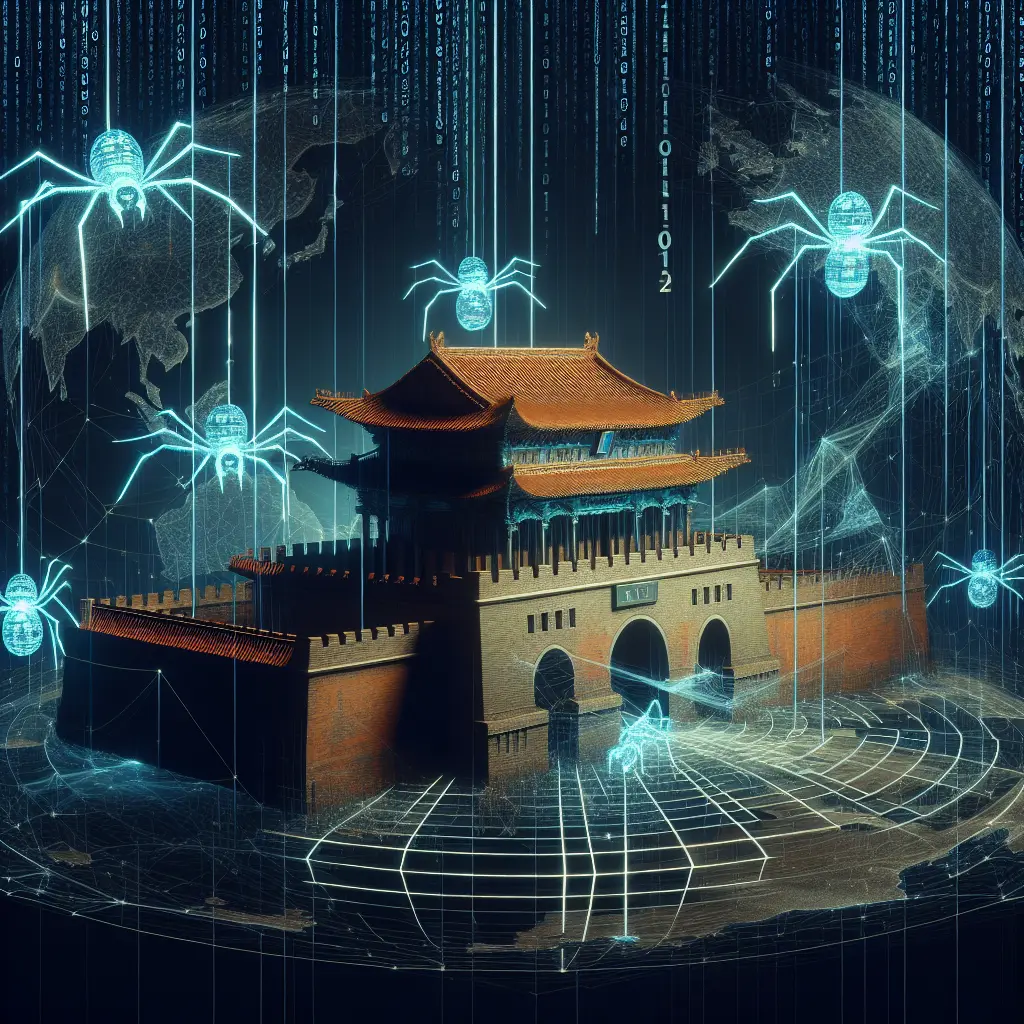The world of cybersecurity continues to evolve, and nowhere was this more evident than at the recent RSAC Conference 2025, which showcased a dynamic, international collaboration in the fight against cyber threats.
In today’s interconnected landscape, cyber threats do not recognize borders, making international cooperation not just beneficial but essential. The RSAC Conference 2025 underscored this reality, bringing together experts, innovators, and policymakers from around the globe. The event was notable for its strong international presence, with representatives from countries such as The Netherlands, Belgium, Germany, Ireland, Italy, Spain, the UK, Korea, Singapore, and Saudi Arabia. This diversity highlighted the importance of shared knowledge and unified strategies in confronting the ever-evolving threat landscape.
The U.S.: A Hub for Cybersecurity Innovation
The conference reaffirmed the United States’ pivotal role as a global export platform for cybersecurity solutions and thought leadership. American innovation continues to set benchmarks for security protocols, technologies, and standards. However, what truly stood out was the willingness of international delegates to collaborate and exchange best practices, signaling a move towards more cohesive, cross-border defenses.
Key Takeaways from the RSAC Conference 2025
- International Collaboration: Countries are recognizing the necessity of working together to address cyber risks that transcend national boundaries.
- Diverse Perspectives: The exchange of ideas among nations with varying regulatory environments, threat profiles, and technological capabilities enriches the global cybersecurity community.
- Unified Goals: Despite differences in approach, there is a shared commitment to safeguarding critical infrastructure, personal data, and digital economies.
Why Global Cybersecurity Cooperation Matters
With cybercriminals increasingly operating on a global scale—targeting supply chains, government systems, and businesses worldwide—a siloed response is no longer effective. International partnerships foster:
- Enhanced Threat Intelligence: Sharing information helps detect and respond to threats more rapidly.
- Harmonized Standards: Common security frameworks streamline cooperation and compliance.
- Resource Pooling: Collaborative efforts allow countries to leverage collective expertise and technologies.
Global Collaboration: The Path Forward in Cybersecurity
The RSAC Conference 2025 served as a powerful reminder that cybersecurity is a shared responsibility. As cyber threats grow in sophistication and scope, international dialogue and partnership are vital for building resilient digital defenses.
For those interested in a deeper dive into this influential event, you can read more here: RSAC Conference 2025: An International Lens.
Stay vigilant and stay connected—because in cybersecurity, our strongest shield is unity.
As digital threats continue to expand in scale and complexity, global cooperation will remain essential for protecting infrastructure, economies, and personal data worldwide.
Strengthening Our Defenses Through Unity
Cybersecurity demands an ongoing commitment to information sharing and coordinated action across borders. By pooling knowledge and resources, the international community can build a safer digital future for all.
The lessons from RSAC Conference 2025 make it clear that collaboration is not optional—it is the foundation of effective cyber defense in our interconnected world.
Ongoing international dialogue will continue to drive innovation and resilience in the face of emerging cyber threats.
By staying engaged with global partners and embracing unified strategies, organizations and governments can ensure stronger protections for their citizens and assets.
Stay vigilant—and remember that together, we are stronger against cyber threats.










Leave a Comment